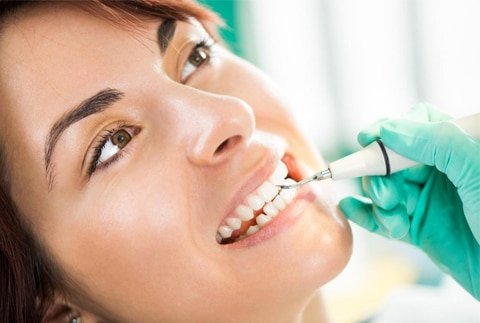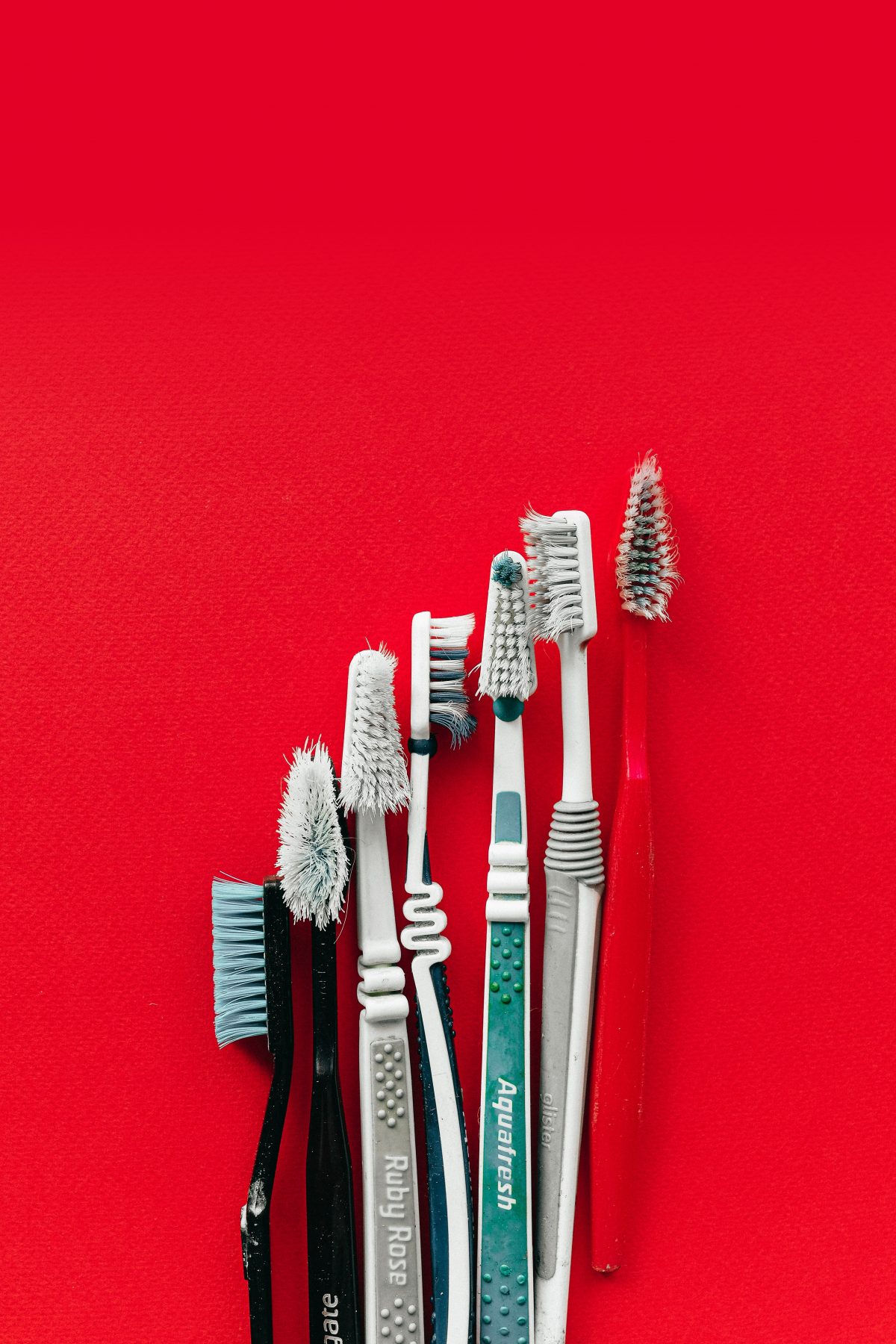Four Tips for Great Dental Health
Brushing and flossing are essential to a healthy oral hygiene routine. Besides cleaning your teeth regularly there are other tools to add to your arsenal. By following a few guidelines and tips on how to care for your mouth, you will ensure that you achieve the best oral health for you.
Regular dental check-ups
To maintain excellent oral hygiene, you should be booking in to see your Saskatoon dentist every three to six months. Make it a habit to visit your dentist for cleanings and check-ups twice a year. A dentist will check your teeth for cavities, bone and gum health, and other oral conditions that only a dentist can find.
A well-balanced diet
Eating the right kinds of food is important in keeping your teeth, gums, and mouth healthy. Make sure you include in your diet a lot of vegetables and fruits that are high in fiber and calcium. Limiting your intake of sugary or acidic foods is vital to your dental health.
Brush, floss, and rinse! Twice daily
Brush and floss your teeth at least twice a day and rinse your mouth after every meal. Brushing, flossing, and rinsing will help you get rid of the germs and plaque and keep your teeth healthy.Brushing and flossing help control the plaque and bacteria that cause dental disease. It is also important to rinse your mouth with water after brushing, and also after meals if you are unable to brush. If you are using an over-the-counter product for rinsing, it’s a good idea to consult with your dentist or dental hygienist on which product is best for you.
Mouthguards
Mouthguards can be extremely beneficial to people who grind or clench their teeth in their sleep. These can be over the counter type or custom made. Additionally, using guard during sports activity (even if non-contact) to cover your teeth and protect them from injury is a great idea!
For more dental hygiene tips, stay up to date on our blog!



 It can be challenging to know when to change your toothbrush. Most of us brush our teeth at least twice a day, but if you are brushing your teeth with an old germ contaminated and frayed brush – then you may be doing your teeth a disservice.
It can be challenging to know when to change your toothbrush. Most of us brush our teeth at least twice a day, but if you are brushing your teeth with an old germ contaminated and frayed brush – then you may be doing your teeth a disservice.